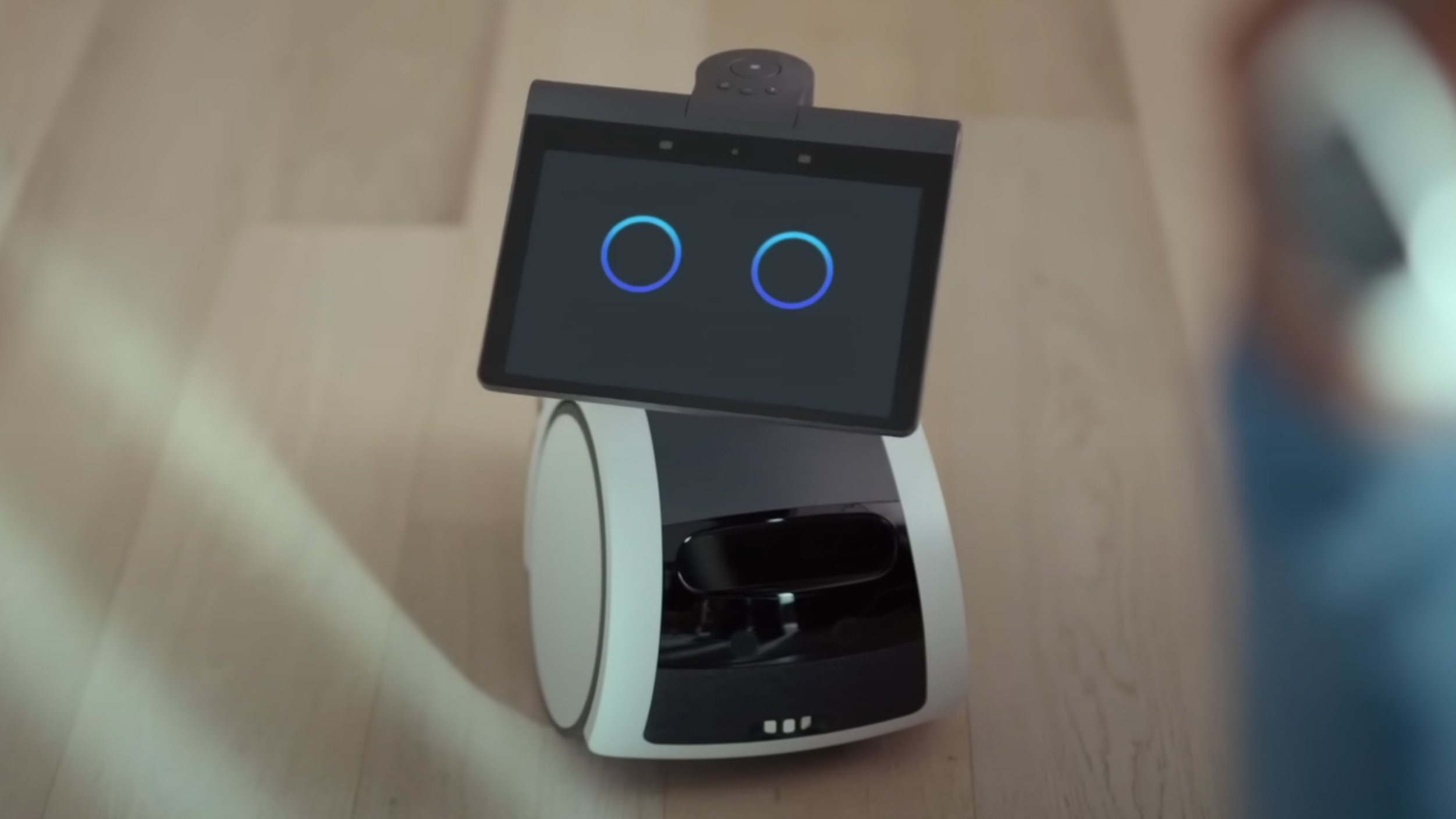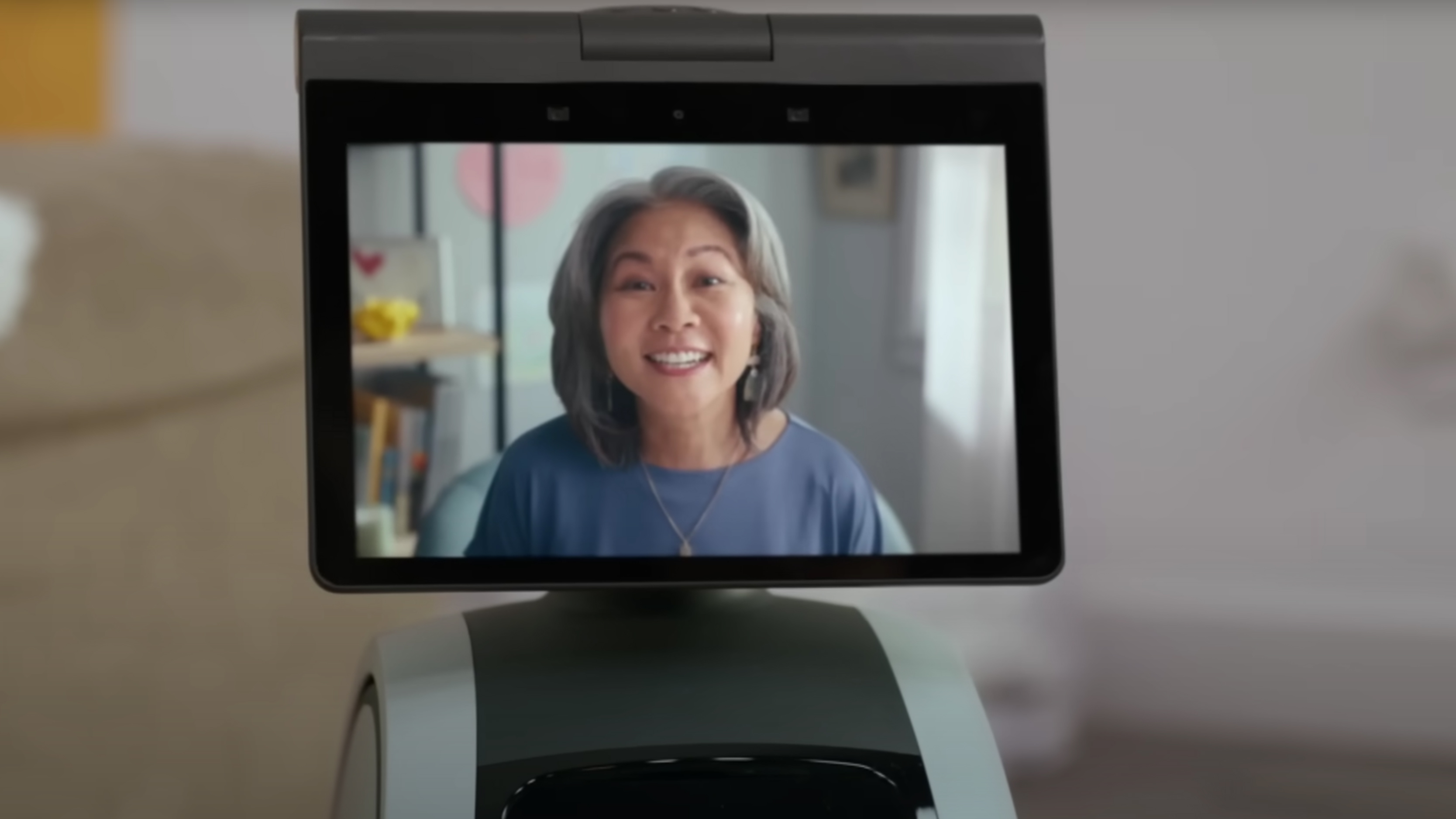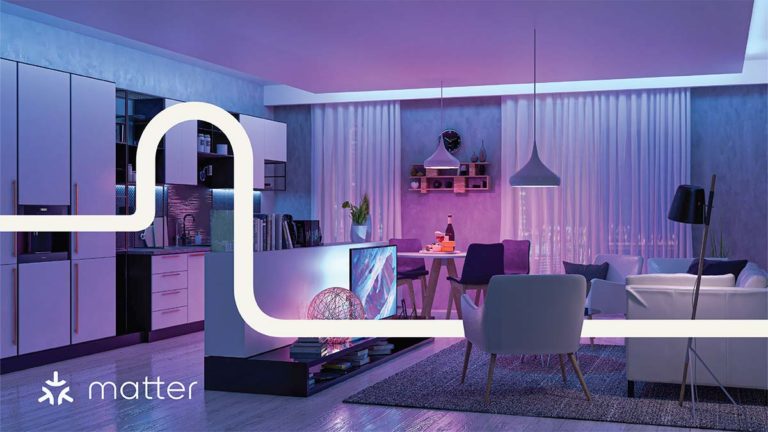Amazon's AI-powered robot can't fix the broken smart home
A smart home that actually works is more exciting than AI robots

Sign up for breaking news, reviews, opinion, top tech deals, and more.
You are now subscribed
Your newsletter sign-up was successful
18/5/23: This article has been updated with a response from an Amazon spokeperson.
Amazon might be brilliant at finding new ways for us to order more stuff from its vast online store, but it also likes to dabble in ludicrous smart home products that are divorced from reality. Unfortunately, some new leaked documents suggest it's up to those tricks again with the development of an AI-powered home robot.
A new report from Insider suggests Amazon is working on a next-gen version of its Astro home robot, which could use ChatGPT-like powers to help it remember and understand its environment (your house). As one of the documents remarks on Amazon's current Astro robot, "our robot has a strong body" but "what we need next is a brain".
That brain, apparently codenamed 'Burnham', will use "contextual understanding" to "make robots more intelligent, more useful, and conversational". Some examples in the leaked document include Burnham finding and notifying you about a stove that's been left burning, or simply telling you where you left your keys.
This all sounds good in theory, but it's also like sketching out a plane's cockpit before you have wings. For a start, the current Amazon Astro robot is still invite-only, a full 18 months after it was announced. And even where Astro is out the wild, it wheels around while surrounded by the flames of today's failed smart home system and its dying voice assistants.

Before we get home robots from The Jetsons, we need AI to help clear up the real-world mess that is today's smart home. It's a less glamorous job, but six months on from the rollout of Matter 1.0 (a new standard that is the latest savior of the smart home), we're still waiting for a simple, mature system where everything seamlessly works together as it should. And this is about a decade on from the arrival of the first smart home platforms like Apple HomeKit.
To be fair, Amazon has finally given over 100 million Echo devices support for the Matter standard. But we're still a long way from a world where all of our smart home tech seamlessly connects, regardless of which mobile operating system or voice assistant you use. And that's something that a concept robot, however charming, isn't capable of fixing, even with the promise of "contextual understanding".
Sign up for breaking news, reviews, opinion, top tech deals, and more.
Fix the foundations
Unfortunately, it's simply easier for Amazon to develop concepts that give it the glow of a tech innovator than to get its hands dirty and help fix the smart home's plumbing. Remember the Ring Always Home Cam that promised to fly around your house like an aerial security guard? It apparently won't actually arrive until 2024 at the earliest, if at all.
Like the Astro home robot, these ideas simply don't live in the real world. It's taken the best robot vacuums over 25 years to get to the point where they're finally mature enough to live in the mainstream. And yet robot vacs are one of many types of products that aren't supported by the Matter 1.0 standard, leaving many buyers in a quandary about how to future-proof their smart home.

To be fair to Amazon, fellow tech giants like Google and Apple are as much to blame for the glacial progress of Matter's rollout. For example, the Google Home iOS app is only just getting the ability to let you set up Matter devices from iOS 16.5, something that was previously only possible on Android.
But it's going to be another long wait before we can set up our smart home without having to worry about what a Thread border router is or whether something has the Matter logo. Currently, your best bet for guaranteed Matter support is still the humble smart plug.
In the meantime, talk of a next-gen Amazon Astro robot with ChatGPT-style powers is more annoying than it is exciting. We'd rather see Amazon put all of its generative AI eggs into a modern version of Alexa, but its voice assistant department was apparently the hardest hit by recent layoffs, following a $10 billion loss.
That smarter reincarnation of Alexa may still come, even if it's seemingly a lower priority than a new chatbot-powered search function for the Amazon shopping experience. But for the messy smart home, the next version of Matter (which is on a bi-annual update cycle) is way more important than another smart home pipe dream, like Amazon's privacy-invading robots.
18/5/23 update. In response to this article an Amazon spokesperson told us: “We believe homes should have technologies and devices from many different brands, and are long-time champions of interoperability and open standards, including Matter. If customers want choice they look to Alexa—more than 140,000 devices from different brands work with Alexa and more than three hundred million smart home devices have been connected to Alexa. We're just getting started with the smart home, and there is so much more invention to come.”

Mark is TechRadar's Senior news editor. Having worked in tech journalism for a ludicrous 17 years, Mark is now attempting to break the world record for the number of camera bags hoarded by one person. He was previously Cameras Editor at both TechRadar and Trusted Reviews, Acting editor on Stuff.tv, as well as Features editor and Reviews editor on Stuff magazine. As a freelancer, he's contributed to titles including The Sunday Times, FourFourTwo and Arena. And in a former life, he also won The Daily Telegraph's Young Sportswriter of the Year. But that was before he discovered the strange joys of getting up at 4am for a photo shoot in London's Square Mile.